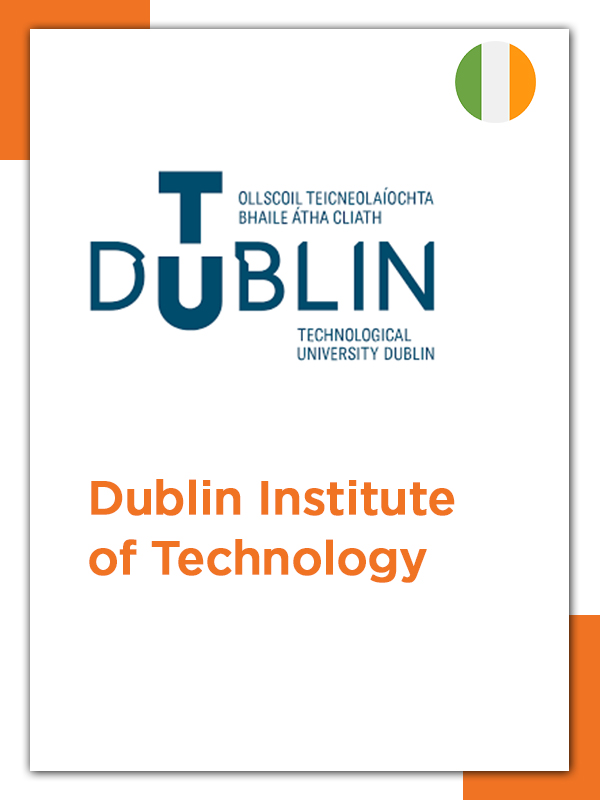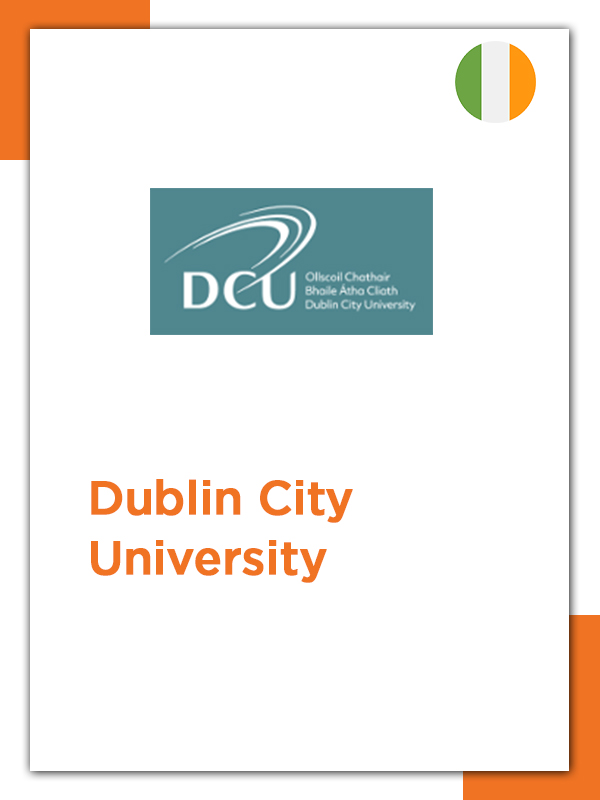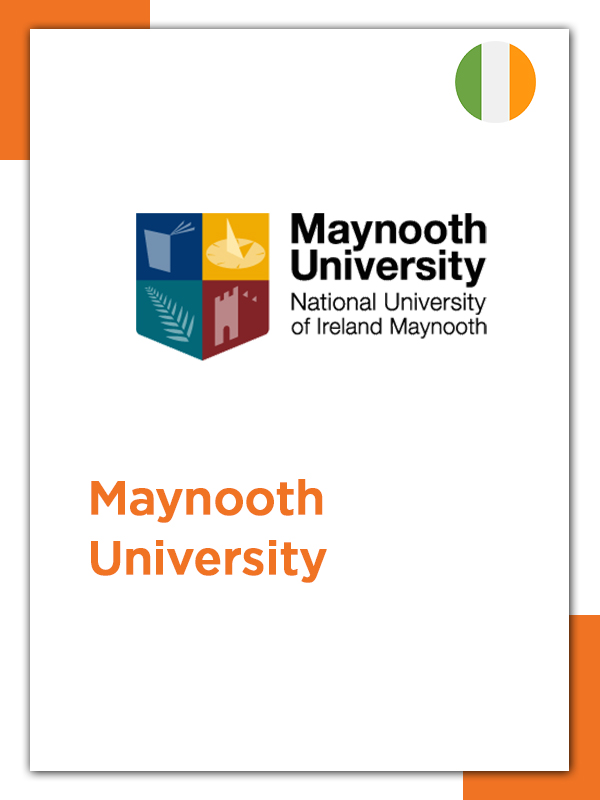Ireland
Study/Work/Live in Ireland
Ireland is an island in the North Atlantic. It is separated from Great Britain to its east by the North Channel, the Irish Sea, and St George's Channel. Ireland is the second-largest island of the British Isles, the third-largest in Europe, and the twentieth-largest on Earth.
Geopolitically, Ireland is divided between the Republic of Ireland (officially named Ireland), which covers five-sixths of the island, and Northern Ireland, which is part of the United Kingdom. In 2011, the population of Ireland was about 6.6 million, ranking it the second-most populous island in Europe after Great Britain. As of 2016, 4.8 million live in the Republic of Ireland, and 1.8 million live in Northern Ireland.
The geography of Ireland comprises relatively low-lying mountains surrounding a central plain, with several navigable rivers extending inland. Its lush vegetation is a product of its mild but changeable climate which is free of extremes in temperature. Much of Ireland was woodland until the end of the Middle Ages.- Full name: Republic Of Ireland
- Population: 4,937,476(4.9 Mil) (https://www.worldometers.info/world-population/Ireland-population)
- Capital: Dublin
- Largest city: Dublin
- Area: 84421 square kilometres .
- Major language: English
- Major religion: Christianity
Big Cities:
Dublin , Belfast , Cork ,
Derry ,
Limerick , Galway ,
Craigavon ,
Waterford , Drogheda , Dundalk
Climate:
The climate of Ireland is mild, moist and changeable with abundant rainfall and a lack of temperature extremes. Ireland's climate is defined as a temperate oceanic climate, or Cfb on the Köppen climate classification system, a classification it shares with most of northwest Europe The country receives generally warm summers and cool winters.
As Ireland is downwind of a large ocean, it is considerably milder in winter than other locations at the same latitude, for example Newfoundland in Canada or Sakhalin in Russia. The Atlantic overturning circulation, which includes ocean currents such as the North Atlantic Current and Gulf Stream, releases additional heat over the Atlantic, which is then carried by the prevailing winds towards Ireland, giving Ireland a milder climate than other temperate oceanic climates at similar latitudes, for example Seattle in the United States.
Additional Information:
Ireland has a quite beautiful bio-diversity.
The long history of agricultural production, coupled with modern intensive agricultural methods such as pesticide and fertiliser use and runoff from contaminants into streams, rivers and lakes, has placed pressure on biodiversity in Ireland. A land of green fields for crop cultivation and cattle rearing limits the space available for the establishment of native wild species. Hedgerows, however, traditionally used for maintaining and demarcating land boundaries, act as a refuge for native wild flora.
This ecosystem stretches across the countryside and acts as a network of connections to preserve remnants of the ecosystem that once covered the island. Subsidies under the Common Agricultural Policy, which supported agricultural practices that preserved hedgerow environments, are undergoing reforms. The Common Agricultural Policy had in the past subsidised potentially destructive agricultural practices, for example by emphasising production without placing limits on indiscriminate use of fertilisers and pesticides; but reforms have gradually decoupled subsidies from production levels and introduced environmental and other requirements. 32% of Ireland's greenhouse gas emissions are correlated to agriculture.
Institutes:
- Dublin City University
- National University Of Ireland , Galway
- Maynooth University
- Trinity College Dublin
- The University Of Limerick
- University College Dublin
- University College Cork
- Technological University , Dublin
- National College of Ireland
- Royal Irish Academy
Benefits:
Ireland is a beautiful island, combining contemporary modern cities with an idyllic countryside, cityscapes steeped in history and a rich natural habitat. The Republic of Ireland combines adventure, history, culture, and entertainment into one fascinating place.Ireland's worldwide reputation for high quality education is built on the solid foundation of commitment to excellence along with other factors such as :- Rich sense of Community & Hospitality
- Low cost & proximity to Europe
- Reasonable accomodation and attractive facilities
- High Ranked Universities & Quality of Education
| S.No. | University Logo | University | Registration Code |
|---|---|---|---|
| 1 |  |
Dublin Business School | 123 |
| 2 |  |
Irish Business School | 123 |
| 3 |  |
Griffith College | 123 |
| 4 |  |
Dublin Institute of Technology (Educo Global) | 123 |
| 5 |  |
Dublin City University (Educo Global) | 123 |
| 6 |  |
Maynooth University-Educo Global) | 123 |


